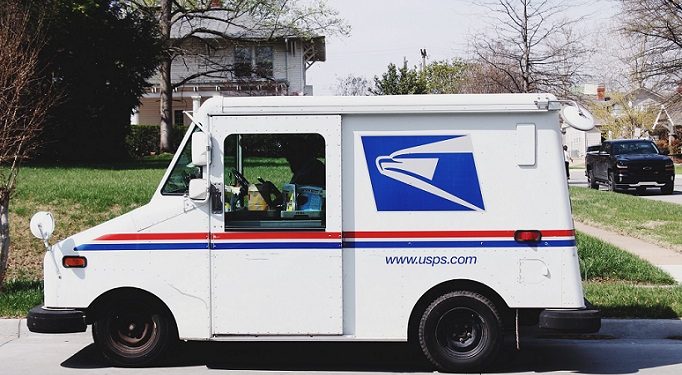The case involving a Lancaster County postal carrier who was forced out of his job after refusing to deliver packages on Sundays to observe the Christian Sabbath is headed to the U.S. Supreme Court.
On Friday, the Supreme Court granted certiorari in the case of Gerald E. Groff, an evangelical Christian postal worker who argued that his religious freedoms were violated when he was forced to quit his job with the U.S. Postal Service (USPS) because he wouldn’t deliver Amazon packages on Sundays.
Groff’s case has been making its way through the federal court system for several years as the lower courts have sided with the USPS that it was not required to provide religious accommodation allowing an employee to observe the Sunday Sabbath. Groff has been represented by several First Amendment law firms, including the First Liberty Institute, Baker Botts LLP, the Church State Council and the Independence Law Center.
“Observing the Sabbath day is critical to many faiths — a day ordained by God,” said Randall Wenger, chief counsel of the Harrisburg-based Independence Law Center. “No one should be forced to violate the Sabbath to hold a job.”
Groff began his career with the USPS in 2012 as a rural carrier associate, a year before the post office was contracted by Amazon to deliver packages, including on Sundays. Groff had told the court he originally sought a job with the post office because it would allow him to honor the Sabbath on Sundays.
When the Quarryville Post Office began delivering packages on Sundays for Amazon, Groff chose to be reassigned to the Holtwood Post Office branch in August 2016 because it was not participating in the Sunday Amazon deliveries.
However, by March 2017, the Holtwood Post Office began making Sunday Amazon deliveries, putting Groff in conflict with the postmaster. Groff notified his superior that he would not report to work on Sundays due to his religious beliefs despite being scheduled to work.
The postmaster initially granted Groff’s request to remain off the Sunday schedule, but he was eventually required to work on Sundays. He missed more than two-dozen Sunday shifts and faced disciplinary action.
In 2019, Groff became aware he was facing termination from the USPS and resigned from his job. Shortly after resigning, Groff filed a federal lawsuit claiming the Postal Service illegally discriminated against him by failing to provide an appropriate accommodation for his religious observance.
“We are simply asking the Supreme Court to apply the law as written and require employers to grant meaningful religious accommodations to people of faith,” said Aaron Streett of Baker Botts LLP, one of Groff’s lawyers.
U.S. District Judge Jeffrey L. Schmehl of the Eastern District of Pennsylvania granted summary judgment in favor of USPS in April 2021, ruling Groff had been treated the same as other postal employees and that Sunday service was necessary to the USPS’s business.
Groff appealed the decision to the U.S. Court of Appeals for the Third Circuit, which again sided with the lower court decision in May. U.S. Circuit Judge Patty Schwartz penned the opinion, applying the case TWA v. Hardison, which has protected corporations against religious arguments from employees.
The Hardison ruling said employees are not entitled to religious accommodations if implementing them would cause an “undue hardship” to an employer.
“It is unlawful for employers to discriminate against employees on the basis of religion,” said Kelly Shackelford, president, CEO and chief counsel for the First Liberty Institute. “It’s time for the Supreme Court to reconsider a decades old case that favors corporations and the government over the religious rights of employees.”
Oral arguments for the case have not yet been scheduled.

Staff writer Michael Yoder is an award-winning journalist who has been honored with several Keystone Press Awards for his investigative pieces.






























Comments 1